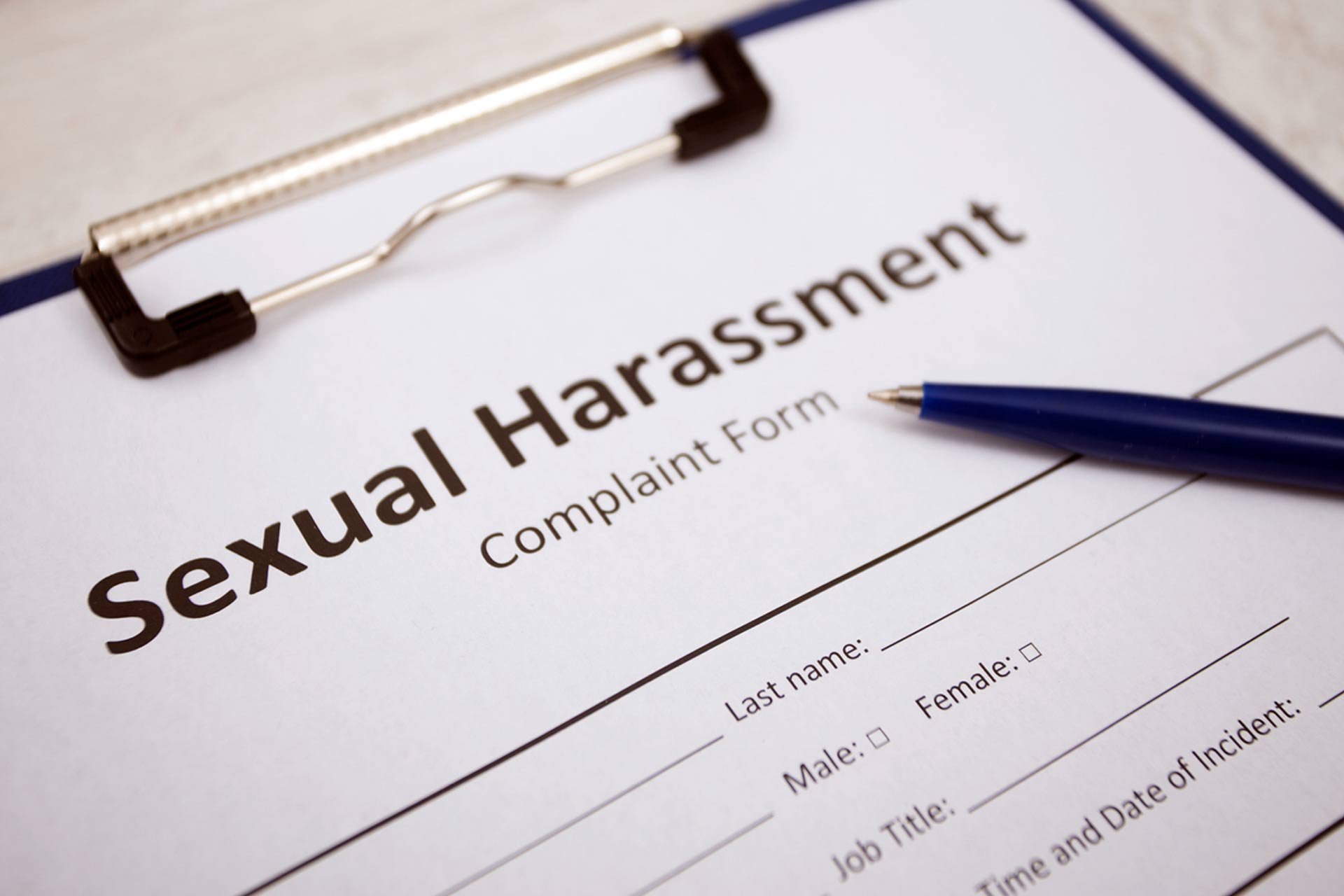On 18 March, in dramatic scenes in the Senate, the Federal Government’s Fair Work Amendment (Supporting Australia’s Jobs and Economic Recovery) Bill (Bill) was effectively abandoned after the Government couldn’t get enough support from the cross bench to make all of the changes that were being proposed.
The Bill had promised to make the most significant IR amendments to the Fair Work Act 2009 (Cth) (FW Act) in some time, but now the key changes that we foreshadowed late last year have mostly been shelved. However, it does look likely that there will be some important reforms to casual employment and employers who have any casuals on their books will need to read on to ensure they are across the new rules.
Defining casual employment
Presently, there is no statutory definition of what constitutes casual employment. This has resulted in Courts having to come up with their own definition and has led to some recent high-profile examples of the Federal Court finding that in some circumstances, despite employers and employees agreeing to casual employment status, an employee can still be entitled to permanent employee entitlements such as annual leave. This has sparked fears of billion dollar back pay claims against business.
The Government has sought to address that by inserting a statutory a definition of “casual employee”. A person will be a casual employee if:
- an offer of employment made by the employer to the person is made on the basis that the employer makes no firm advance commitment to continuing and indefinite work according to an agreed pattern of work for the person; and
- the person accepts the offer on that basis; and
- the person is an employee as a result of that acceptance.
Further to that:
the question of whether a person is a casual employee of an employer is to be assessed on the basis of the offer of employment and the acceptance of that offer, not on the basis of any subsequent conduct of either party.
This definition seeks to emphasise the importance of what employers and employees agree to at the commencement of employment, so employers will need to ensure that any casual role being offered contains no firm advance commitment to continuing and indefinite work to get the benefit of this definitional change.
Casual conversion
Most clients would be familiar with casual employees’ right to request casual conversion, which is a feature of nearly all modern awards and recently made enterprise agreements. Casual conversion request entitlements usually arise after working regular hours for a particular period of time (normally 12 months) and conversion must be requested by the employee.
Going forward, the onus will now be on employers to proactively offer casual conversion if:
- the employee has been employed by the employer for a period of 12 months
- beginning the day the employment started; and
- during at least the last 6 months of that period, the employee has worked a regular
- pattern of hours on an ongoing basis which, without significant adjustment, the employee could continue to work as a full-time employee or a part-time employee (as the case may be)
unless there are reasonable grounds to not make the offer. There is no limit to what could constitute “reasonable grounds”, but the Bill sets out what those grounds might look like:
- the employee’s position will cease to exist in the period of 12 months after the time of deciding not to make the offer;
- the hours of work which the employee is required to perform will be significantly reduced in that period;
- there will be a significant change in either or both of the following in that period:
- the days on which the employee’s hours of work are required to be performed;
- the times at which the employee’s hours of work are required to be performed;
- which cannot be accommodated within the days or times the employee is available to work during that period;
- making the offer would not comply with a recruitment or selection process required by or under a law of the Commonwealth or a State or a Territory.
The requirement to offer casual conversion will form part of the National Employment Standards (NES), meaning it will have the same status as other non-negotiable entitlements such as annual leave and personal leave, with penalties for non-compliance of up to $66,600 for companies and $13,320 for individuals involved in contraventions (e.g. directors, managers etc.), per breach.
Casual employment information sheets
The Fair Work Ombudsman will formulate an information sheet about casual employment rights and employers must provide one to each of their casual staff. This is in addition to the standard Fair Work Information Statement that all employee must be given. Again, the right to receive a casual employment information sheet will be NES entitlement and the same penalty provisions that apply to casual conversion apply here.
Casual loading
In a win for common sense, in an aim to prevent double dipping by employees, where employers pay an identifiable casual loading to employees, courts now must recognise the loading amount when determining disputes about whether an employee is a casual or not (and whether they are entitled to permanent employee entitlements or not, such as annual leave and the like).
In recent times, courts have permitted double dipping for casual employees in certain circumstances, which has resulted in business calling for legislative changes to fix the issue. Currently, there are regulations in place aimed at dealing with casual double dipping, but to date they have proven to be ineffectual. That’s been a key driver of the need to insert a statutory mandate to recognise casual loadings where there are disputes about permanent employee entitlements.
Employers will need to ensure that they separately identify the casual loading payable to casual staff in order to get the benefit of these changes.
What’s next?
The Bill returns to the House of Representatives next week on 22 March and will be subject to the usual processes before likely being passed in that chamber. It’s not clear from the Bill when the changes will take effect, but we expect that the Government will want to put the new rules in place as soon as possible.
Clients must now review their casual contracts of employment to ensure that they are configured to account for these changes. We’ve been anticipating these changes for some time and we are already working these changes into new casual contracts for clients, so if you need a hand in making sense of these new rules or need to review your casual contracts, pick up the phone to talk to our team on 03 9448 9600.
The above is general information and should not be taken as legal advice.
Liability limited by a scheme approved under Professional Standards Legislation.









